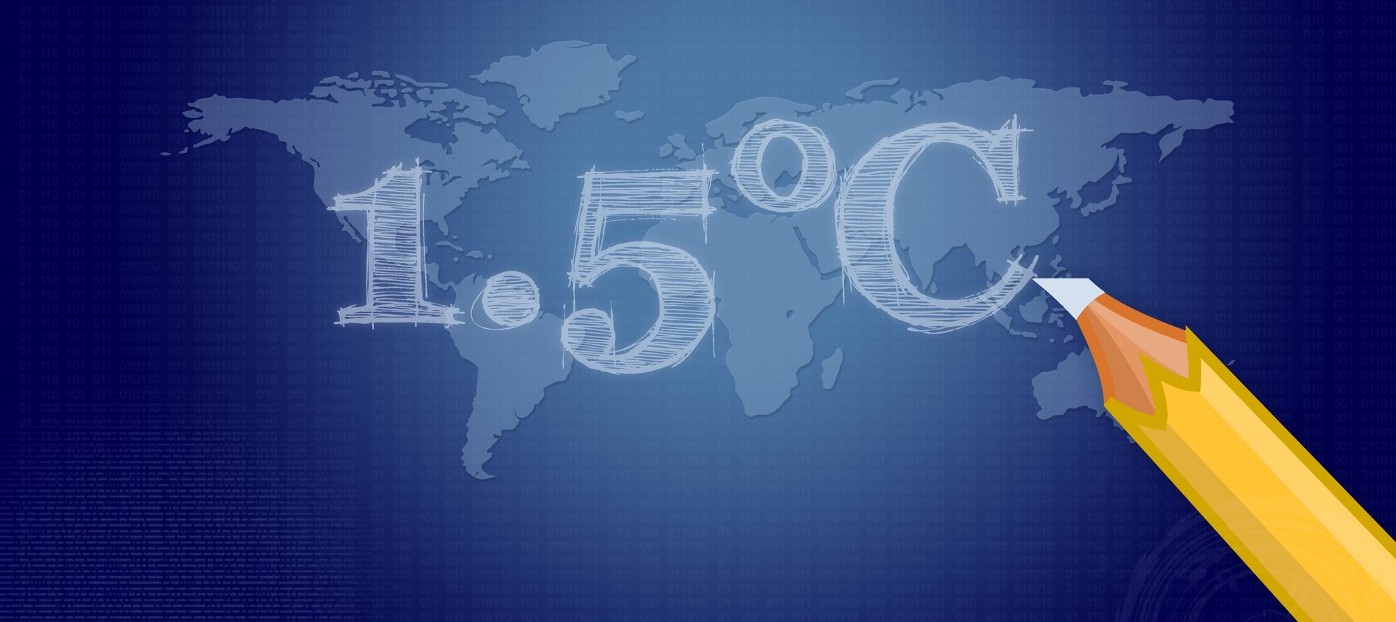“If there is no advance in the kind of pledges that countries are making before we get to COP27, we may well have to [conclude] that indeed 1.5 is gone.”
So said Jim Skea, co-chair of the IPCC’s Working Group III, speaking to the Washington Post. If 2022 wasn’t tough enough already, the publication of the IPCC’s solutions report throws the challenge of meeting a 1.5C target into sharp relief. And Skea wasn’t alone – UN boss Antonio Guterres unleashed verbal hell as the talks closed. “Some government and business leaders are saying one thing, but doing another. Simply put, they are lying,” he said. This heaps pressure on the UN, as well as on the UK and Egypt – the outgoing and incoming COP leads – to line up new pledges in the coming months.
‘Critically insufficient’
Assessments from WRI and Climate Action Tracker (CAT) indicate the world is heading for 2.4C by 2100 on current targets, with Brazil, Mexico, Australia, Indonesia, Russia and India among those G20 nations with the weakest ambition. The world’s top two polluters are both singled out – CAT rates US climate finance as “critically insufficient” and China’s policies “highly insufficient.”
Some governments are shifting fast, citing the Ukraine and climate crises. Last week, the UK and Germany both hiked their 2030 clean power targets to 95% and 80% respectively. Chancellor Olaf Scholz is talking tough but he’s facing heat from industry leaders long used to cheap gas. Take that away and Germany’s much-vaunted competitive industrial base starts to look shaky, writes Javier Blas. But economic minister Robert Habeck did secure cabinet agreement for his renewable energy plan. The coalition of Social Democrats, Greens and Free Democrats presented a legal package designed to achieve a carbon neutral power sector by 2035 (including a goal for offshore wind energy to reach at least 30 GW by 2030 and rising to 70 GW in 2045) becoming the first G7 nation to do so. Renewables were labelled by the government as both “freedom energy” and “a matter of national security.”
The EU Parliament also called for a cut in Russian fossil fuel supplies as a result of fresh war crimes allegations. “Do you prefer peace or the air conditioning on?” asked Italy PM Mario Draghi.
Vague plans
Amid the general chaos, what news of COP27 in Sharm El Sheikh? Well, the government does now have a Twitter account and “pre-COP” will be held in DRC, a nod to the sub-Saharan African countries Cairo says it wishes to represent through 2022. Foreign Minister Sameh Shoukry talks of a “tangible outcome” while the environment minister says officials are “in consultations.” Still, for now – beyond the platitudes – it’s hard to see a coherent plan emerging.
In brief
*Wind and solar reach milestone as demand surges
*IRENA launches rare earths & material substitution initiative
*UN rights body appoints Tuvalu negotiator as climate expert
*Scientists predict seventh straight above-average hurricane season
*UN Green Fund warns of cuts as US fails to cough up cash
*Guterres launches Net Zero taskforce to tackle greenwashers
*Japan, France freeze $23bn Russian LNG investments
*Japan to ban Russian coal imports
*Asia pumping $350 billion into new gas capacity
*Sweden sets net zero target for consumption emissions
More than 50 ministers will meet on 12-13 May to discuss how to make COP27 a success – reps from Brazil, China, the EU, France, Germany, India, Indonesia, Mexico, Korea, Saudi Arabia, Senegal and the US are expected (no Russia). This week’s statement from the UN, UK and Egypt suggests NDCs and finance are on the agenda – with the COP26 pledge to double adaptation support looking under threat as the triple whammy of Ukraine, Covid and a slowing global economy hit.
Record prices
Meanwhile, world food commodity prices reached their highest levels ever in March, as war in Ukraine spread shocks through markets, the UN’s Food and Agriculture Organisation price index reported. An extraordinary meeting of the FAO will discuss how to prevent a rise in food insecurity as a result of the invasion of Ukraine. While urgent action is needed to prevent people going hungry, there is enough food to feed the planet and the problem is price, not production. Despite this, many countries are seeking to boost short-term food production at the expense of future food security.
Russia & Ukraine combined accounted for around 30% of global wheat and 20% of maize exports over the past three years. Europe is currently discussing new rules that will allow farmers to use land set aside for nature restoration and diversity in order to increase crop production and exports and has recently joined a US-led coalition which promotes more intensive agricultural production. A fact sheet on the food price crisis is available here.





